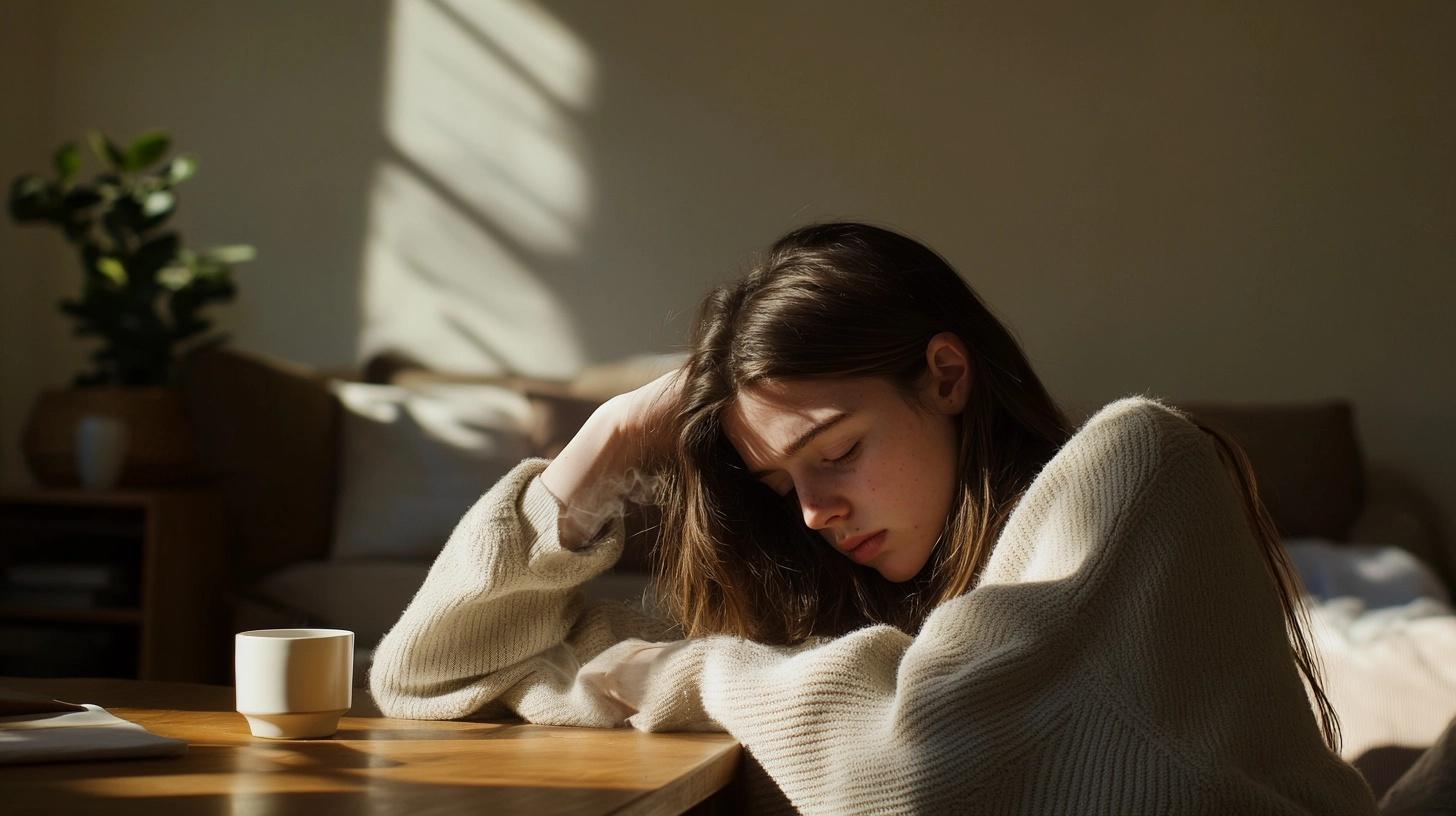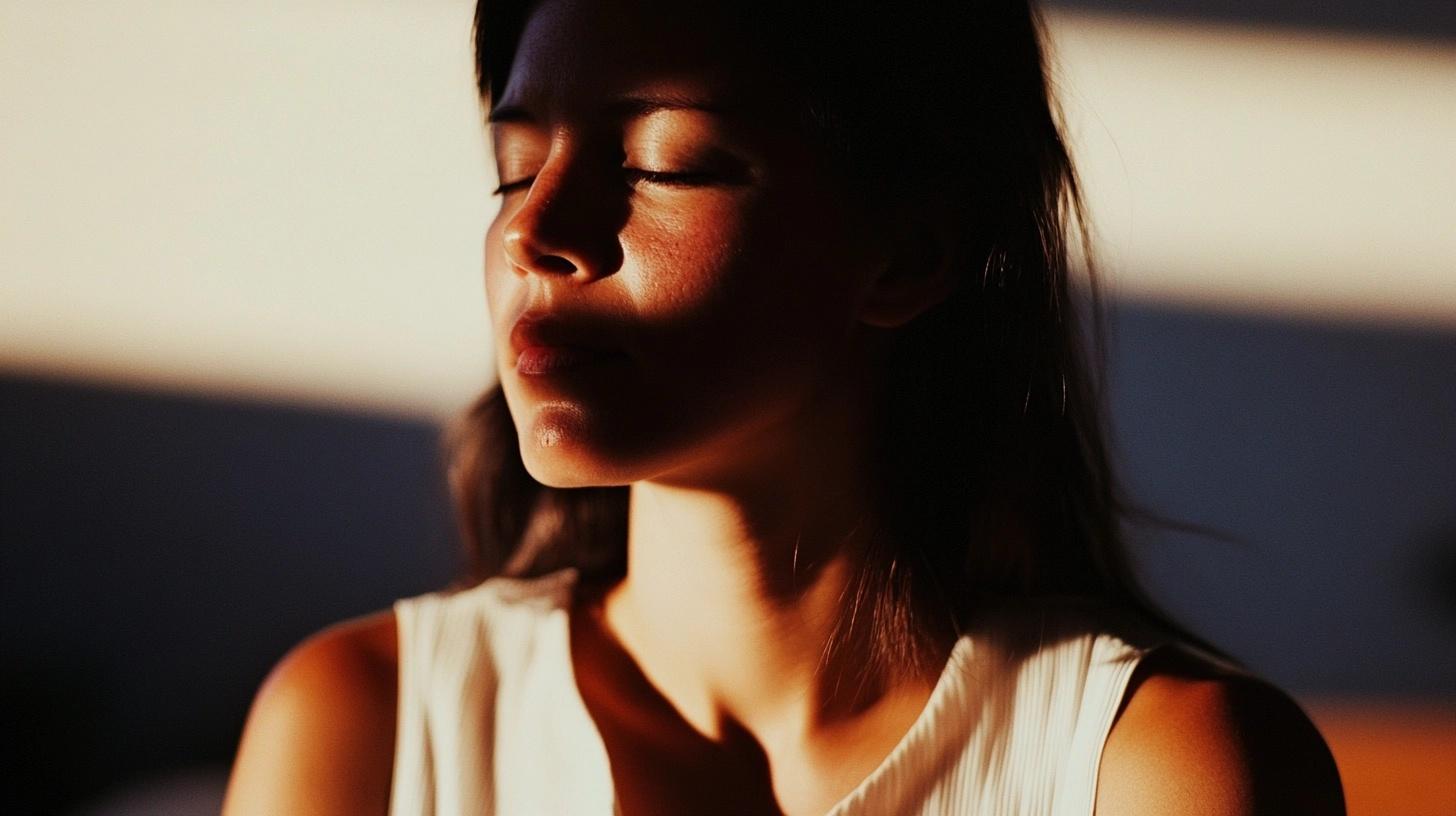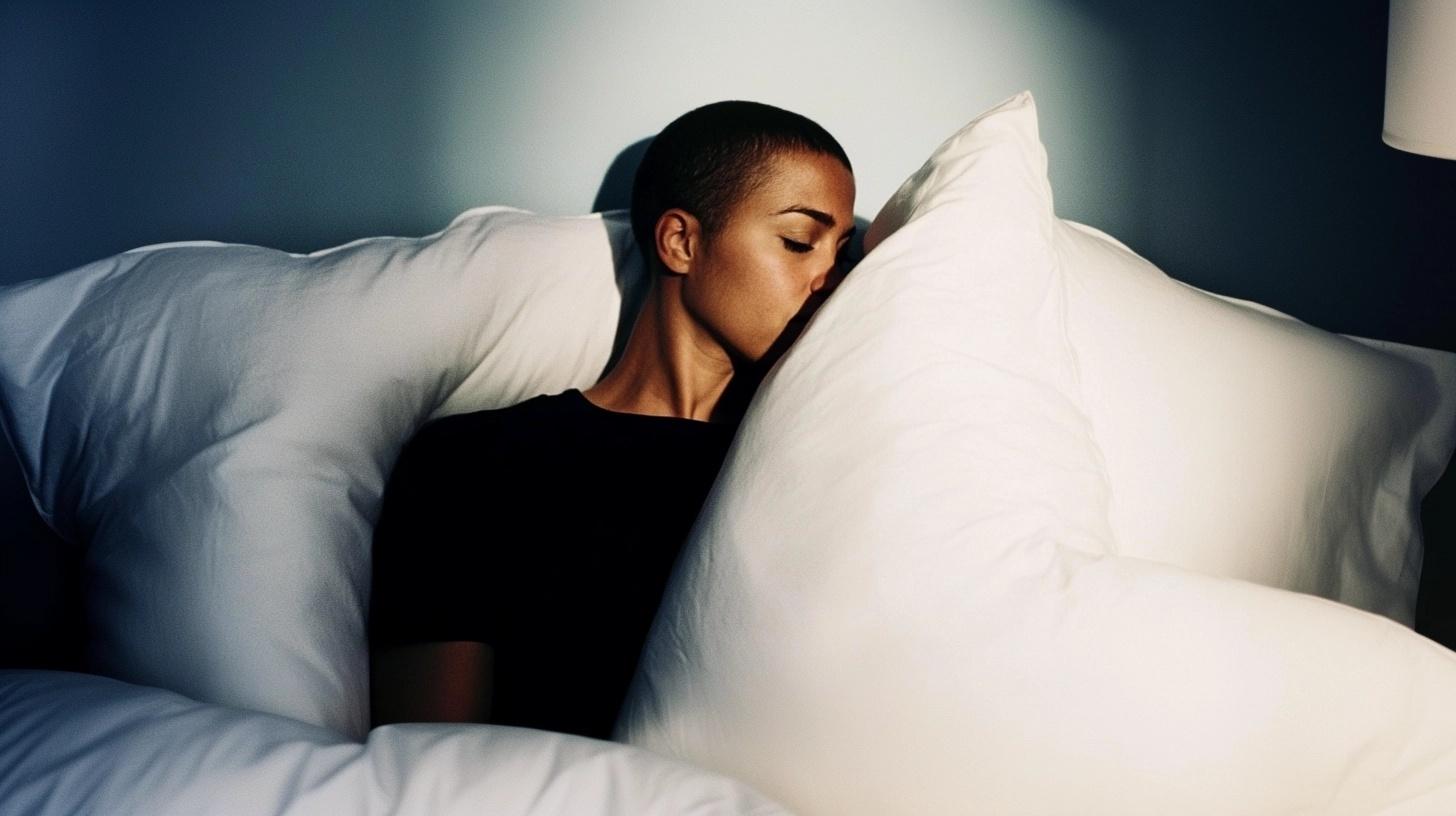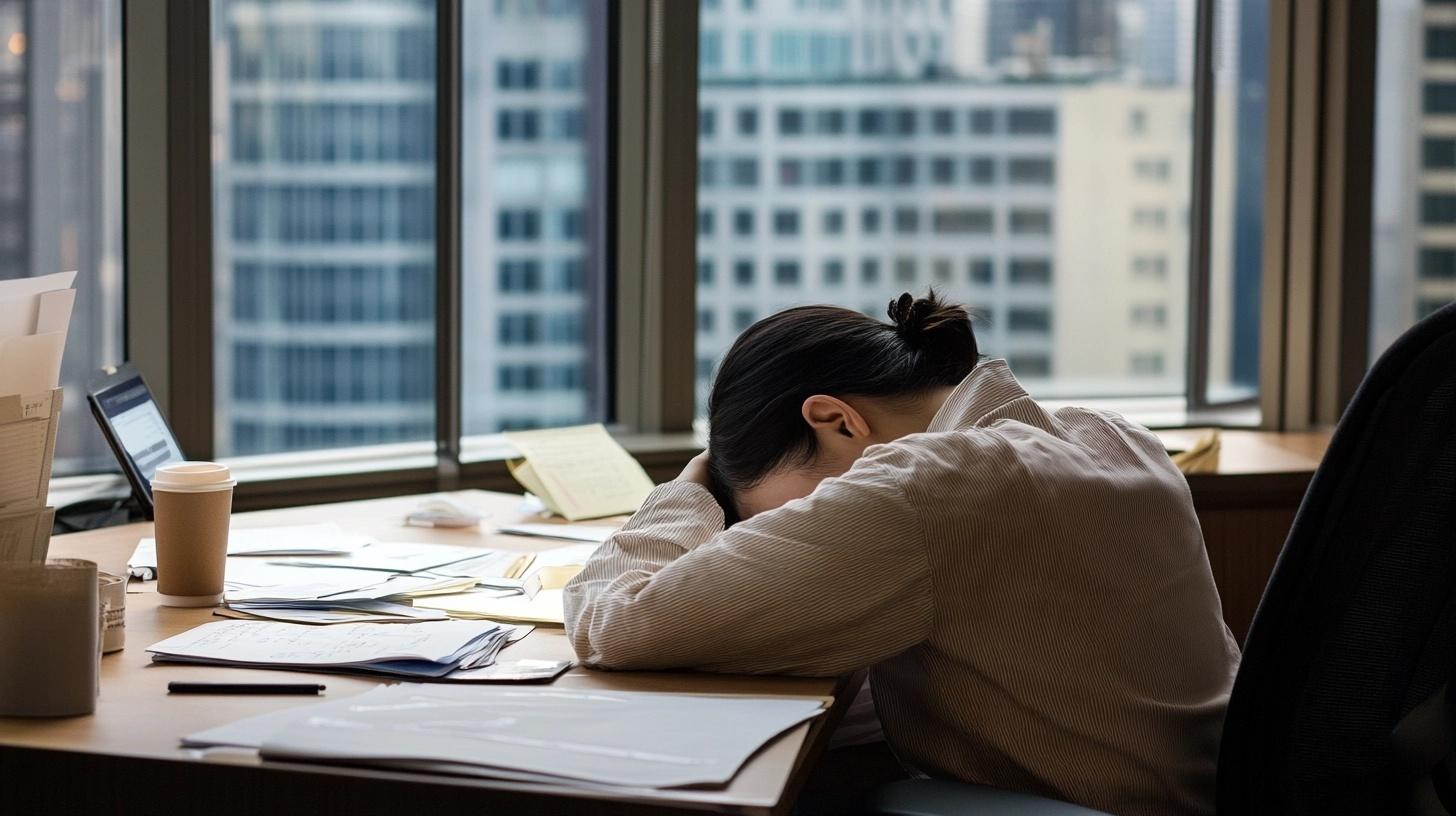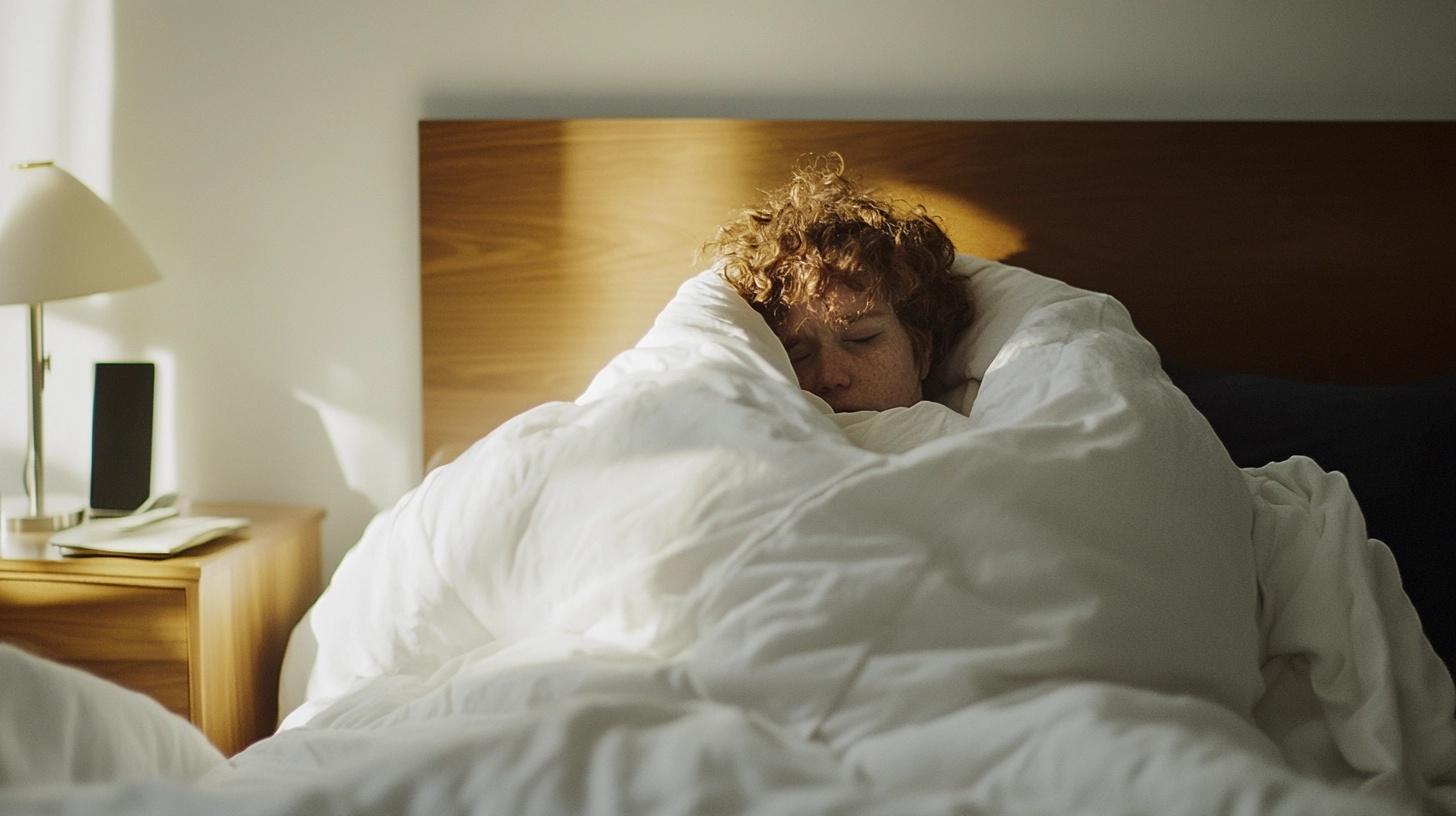Why do I get a headache after a nap? 8 reasons and remedies explained
Published
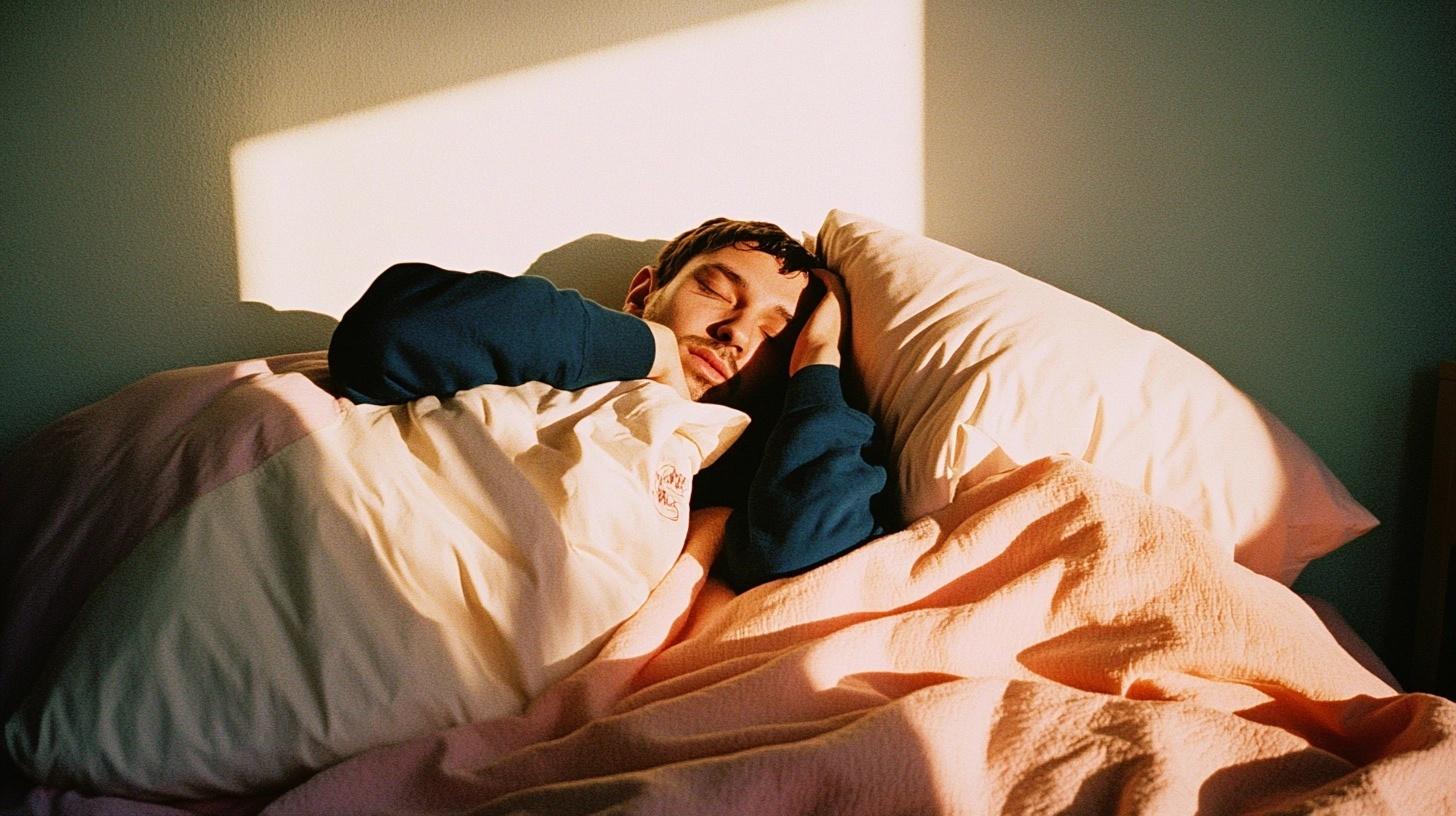
Waking up after a nap with a throbbing head is often harmless, but can ruin the day. Especially when you expected to feel energized and refreshed. The good news is that you can often prevent getting headaches with a few changes to your habits and sleep environment. We explore 8 causes for a headache after sleeping as well as ways to avoid them.
In this article, we’ll cover:
How to get rid of headache after nap? Factors and remedies
Taking a nap can be a refreshing way to recharge and regain energy. However, for some individuals, a peculiar phenomenon occurs – they experience a headache after waking up from a nap. If you’ve ever wondered why this happens, you’re not alone. Understanding the reasons can help you make adjustments to your napping routine and potentially alleviate or avoid these headaches altogether. Let’s dive into the possible culprits behind post-nap headaches and discover effective strategies to address them.
1. Snoring and Sleep Apnea
Snoring leaves your blood short on oxygen which can result in headaches. Similarly, sleep apnea patients are also likely to suffer from headaches because of interrupted breathing throughout the night. Once sleep apnea is treated, the headaches usually go away.
Explore remedies that help alleviate snoring such as mouth guards and nose bandages. Losing weight, avoiding alcohol and tobacco, changing your sleep position and pillow are also known to help. Tracking your snores in the Sleep Cycle app can help you understand how your snores affect your sleep and overall health. If you suspect sleep apnea, talk to your physician.
2. Teeth grinding
Grinding your teeth in your sleep, also called sleep bruxism, may explain your post nap headaches. This unconscious action leads to tension in your jaw muscles, resulting in pain in your head and teeth. Too much sugar and dream sequences are often associated with clenching your jaw and teeth grinding at night.
To alleviate headaches after a nap caused by teeth grinding, several strategies can be effective. Practicing relaxation techniques like deep breathing or meditation can help reduce stress and tension. Using a mouthguard designed for bruxism can protect teeth and minimize grinding during naps. Stress reduction, warm compress application, jaw exercises, and avoiding stimulants like caffeine and alcohol are additional approaches.
3. Poor Sleep hygiene
Your sleep hygiene covers your sleep environment, sleep habits and bedtime routines. Using the wrong pillow or mattress, sleeping in certain positions, and sleeping too much or too little can all mess with your sleep quality and circadian rhythm and leave you feeling heavy headed. Consider why you need to nap and if you are getting enough quality sleep at night.
Prioritizing good sleep habits is key here. Your sleep environment, daytime habits and bedtime routines affect your sleep quality more than you think, so consider your sleep surroundings and prioritize sleep promoting habits and routines. Making just a few tweaks go a long way. New blinds in the bedroom or changing your sleep positions can do wonders to your sleep. A body scan or guided muscle relaxation also helps you relax the body and mind and relieve tension.
Moreover, reduce your daytime naps or duration. Keep your naps to 20-minute power naps or 90 minutes (a full sleep cycle) to avoid sleep inertia. Make sure you get enough quality sleep at night to reduce the need for a nap during the day.
4. Dehydration and Hunger
Drinking enough water throughout the day is vital for a healthy body. So is eating – and eating well. Napping while dehydrated or on an empty stomach can both result in headaches and a general unwell feeling with bad moods, dry mouth and lips, dizziness and dark urine as the most common symptoms.
Remember to drink water (not energy drinks or sodas) and keep your blood sugar level with a light snack before sleep, if you feel hungry. A banana or a glass of milk before going to bed might help.
5. Muscle Tension
Working at a desk, driving all day or sleeping in the wrong position can often lead to muscle tension in your neck and scalp. These tensions can explain why you wake up with headaches after sleeping as well.
Do light stretches, massages and exercise regularly – as tension headaches can be alleviated with light stretches and variety in movements. Improving the blood flow aids muscle recovery and reduces stress. Simple stretches or a little walk during daylight helps muscles relax and clears the mind. Tensions from muscle strain and teeth grinding can be relieved with gentle massages and a warm washcloth against your cheek.
6. Excessive Caffeine
Many of us rely on that morning caffeine boost…and the one after lunch…and the afternoon pick-me-upper java. Although great in small amounts, excessive caffeine can explain your pounding head because caffeine is a diuretic, often causing dehydration and interrupted sleep. Substituting water with caffeinated drinks (coffee, teas, sodas, energy drinks), worsen this.
It’s important, then, to limit that caffeine intake. We know it’s not what you want to hear, but being mindful of your caffeine intake AND the time of day for consuming it, might make that migraine go away. The recommended amount of caffeine each day for an average person is 400 mg or 3 cups of coffee. Drink water and substitute with decaf if you struggle to keep your intake at 3 cups a day.
7. Caffeine Withdrawal
For regular caffeine consumers, headaches after sleeping might also be a sign of caffeine withdrawal. Headaches, muscle pain, irritability, nausea and difficulty concentrating in the morning are all symptoms of abstinence after having gone for a while without caffeine.
To start with, gradually reduce your caffeine intake rather than stopping abruptly to minimize withdrawal symptoms. Stay hydrated by drinking plenty of water throughout the day. Engage in relaxation techniques like deep breathing or meditation to relieve stress. Applying a cold compress to your forehead or taking a short walk outside can also provide some relief. If the headache persists, consider having a small amount of caffeine to ease the withdrawal symptoms, but avoid excessive consumption.
8. Allergies
Allergies are a big offender when it comes to headaches after sleeping. Sinus congestion alone can cause headaches. Along with frequent sneezing, and sore and irritated eyes, it can be difficult to catch some quality snoozes. You can recognize a sinus problem if your headache worsens when you squeeze the top of your nose.
The first thing to do to prevent headaches caused by allergies is keeping allergens at the doorstep. If pets are causing your sinuses to block, leave them out of the bedroom. If pollen is the culprit, keep windows closed when numbers are peaking and avoid sleeping in clothes you’ve been wearing outside. Try showering before getting into bed as well. Talk to your doctor about whether antihistamines could be a solution for you.
Say goodbye to headache after nap: remedies for a real power nap
Tracking your sleep quality and your sleep habits puts you on the fast track to understanding why your head hurts after sleeping. Simple lifestyle changes are often enough to alleviate the pain. No matter the reason for your post-nap headaches, investing some time in relaxation techniques prior to your nap is always worth the while. Sleep programs can help you achieve balance and relaxation for quality sleep and fewer headaches.
Summary FAQs
Why do I have a headache after a nap?
There are many potential culprits. The most common ones are tension headaches caused by incorrect sleep positions or teeth grinding. Dehydration from lack of water and excess caffeine or alcohol can also cause throbbing headaches. So can sleeping too much or sleeping too little.
Is it normal to have a headache after waking up?
There is usually no reason to be alarmed by headaches after sleeping. However, they are a sign of something not being quite right. The cause is often remedied by simple lifestyle changes.
Can sleeping too much cause headaches?
In short, yes. The average person needs 7-9 hours of sleep every night. Oversleeping has been linked to a list of medical problems and can be related to underlying health issues. Napping too long can also interfere with your circadian rhythm, making sleep during the night difficult.
Can Snoring cause headaches?
Yes. Snoring leaves your blood short on oxygen which can result in headaches.
Why do I feel sick after a nap?
Dehydration and hunger can lead to an uneasy feeling after waking up. So can the wrong nap duration. Waking up in the middle of a sleep cycle (before or after 90 minutes) often leads to sleep inertia which causes headaches and grogginess.

